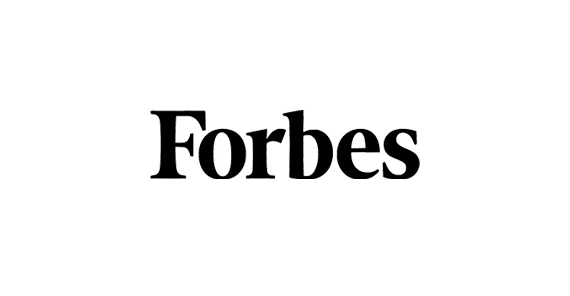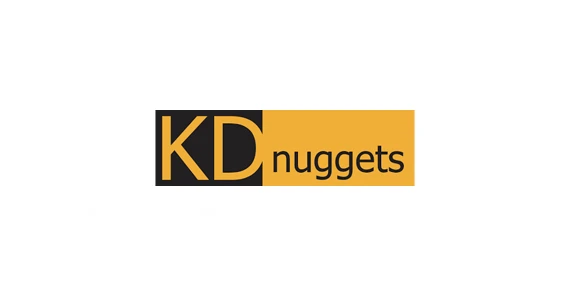To Compete with Amazon, Big-Name Consumer Brands Have to Become More Like It
June 14, 2018

Over the last decade, e-commerce has imposed a painful profit squeeze on big-box retailers, resulting in layoffs, store closings, mall reconfigurations, and even bankruptcies. With no reprieve in sight for retailers, the online world is poised to do the same to brand-name consumer products companies.
One of the core reasons that this is happening is that in addition to providing always-on, on-demand convenience, online retailers know so much more about their customers than their offline counterparts do. In fact, they have mastered the art of creating a direct connection to their customers, which in turn allows them to collect massive amounts of data about them. Then, by applying tools like artificial intelligence, the online retailers are able to create more-personalized customer experiences, fostering levels of satisfaction, connection, and customer loyalty that traditional retailers just can’t compete with.
And when it comes to consumer goods companies, that same artificial intelligence is also capable of serving up recommendations for a white-labeled product versus a name-brand one, putting greater pressure on branded consumer staples companies. In fact, the stock market already recognizes this; the sector has declined 13% year-to-date (in comparison, the S&P 500 has seen a 2% gain). Further illustrating this point, Procter & Gamble (P&G) just posted another lackluster earnings report — which, not coincidentally, was blamed partly on declining sales and margin pressure from those same big-box retailers. While rising costs also seem to be eating into margins, the growing market share of online retail with more-sophisticated customer engagement digital models is still a threat the consumer staples companies haven’t dealt with effectively.



